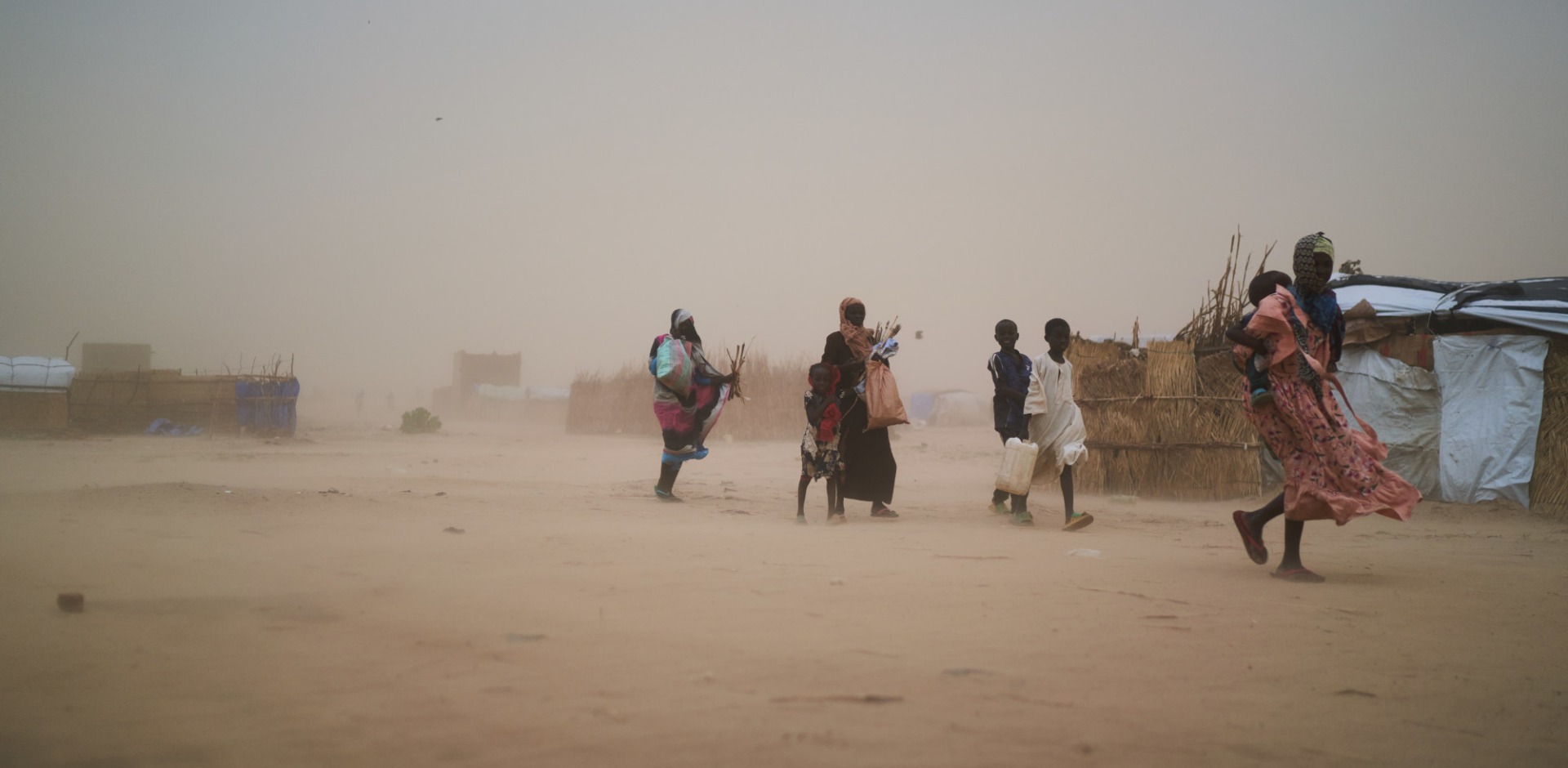
FAMINE IN SUDAN

The State of Food Security and Nutrition in the World (SOFI) 2025 report, published by five United Nations agencies, shows a slight decline in global hunger in 2024. An estimated 673 million people, 8.2% of the world’s population, were undernourished. While this appears to mark progress, the data obscures a far more alarming reality in some of the world’s hardest-hit regions, particularly in Africa and conflict-affected areas like Gaza, where mass starvation is spreading rapidly.
Given that the report focuses on data from 2024, it does not mention the drastic cuts in international aid which is already worsening food insecurity and threatening the right to food for millions.
The SOFI findings reveal a glaring injustice: while some countries are making progress, others are sinking deeper into hunger.
Africa is now home to nearly half of the world’s undernourished people, and this figure is projected to climb to 60% by 2030.
Data from the Integrated Food Security Phase Classification (IPC), which complements the SOFI report, paints an even starker picture: 100% of the population in Gaza is facing crisis levels of food insecurity or worse. More than half the populations of South Sudan and Sudan, and nearly half of Yemen’s, are also experiencing high levels of acute hunger.

In the Democratic Republic of Congo (DRC), the situation is especially critical. Armed conflict and a prolonged economic crisis in the west have driven more than 27.7 million people into severe food insecurity (IPC Phase 3 or above), with 3.9 million facing emergency conditions (IPC Phase 4). The SOFI 2025 report confirms this deteriorating trend, noting that the DRC now has one of the world’s highest rates of undernutrition.
Although some countries are showing improvement, these gains cannot overshadow the reality that hunger remains far above pre-pandemic levels and significantly worse than in 2015, when the international community committed to the Sustainable Development Goals (SDGs). Compared to that baseline, an additional 96 million people are now experiencing hunger.

This year’s State of Food Insecurity in the World (SOFI) report doesn’t capture the full extent of the current humanitarian crisis. Global needs are rising, yet international funding for food security and nutrition is declining. The dismantling of USAID and widespread cuts to development assistance mark a dangerous turning point in humanitarian financing.
These decisions are expected to have devastating consequences for the world’s most vulnerable. Political choices to scale back aid threaten to reverse decades of progress — with staggering human costs. A Lancet study published in July 2025 estimates that U.S. budget cuts alone could lead to 14 million additional deaths by 2030, including 4.5 million children under five, due to reduced access to nutrition, healthcare, and social protection.
The SOFI report also highlights that since 2020, food price inflation has consistently outpaced general inflation, further eroding food access for low-income and vulnerable communities. In January 2023, global food inflation stood at 13.6%, compared to 8.5% for overall inflation.
While the report identifies the COVID-19 pandemic and the conflict in Ukraine as major drivers of food inflation, it largely overlooks the impact of the climate crisis and the role of speculative activity in global food commodity markets. These systemic factors continue to drive volatility and inflate prices beyond the reach of millions.
To address these growing disparities, there is an urgent need to regulate international food markets and safeguard the right to food and nutrition. Food is not an ordinary commodity; it is a basic human right. Global systems must reflect this reality, ensuring that policies and markets enable, rather than hinder, access to food for all.
Read the full report here: The State of Food Security and Nutrition in the World 2025
Join our community of supporters passionate about ending world hunger.